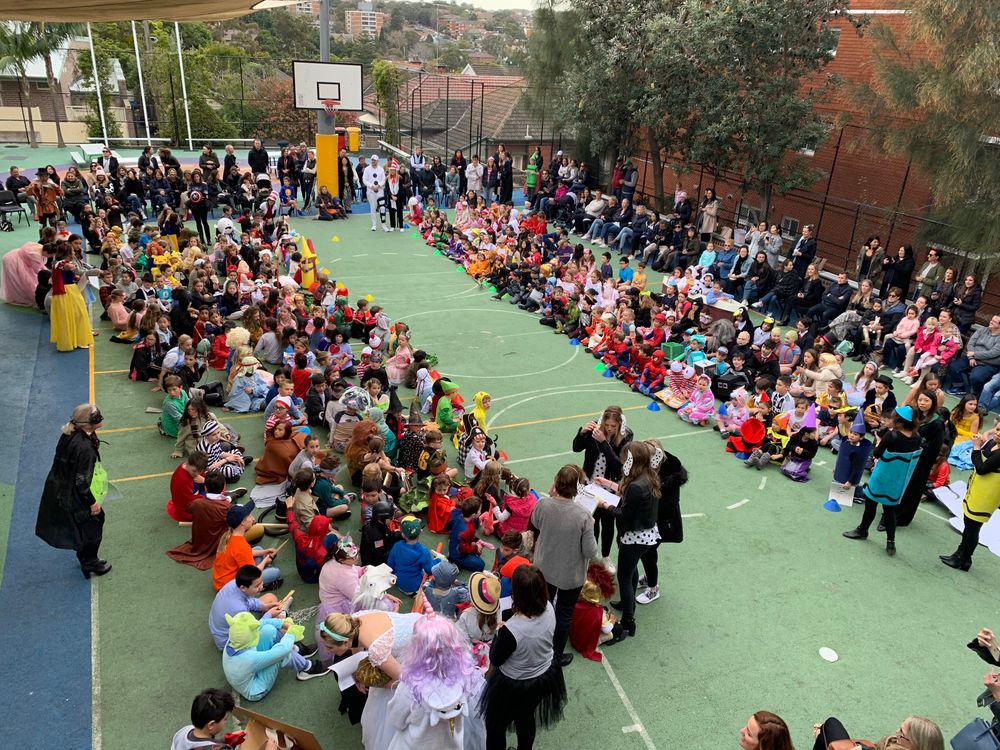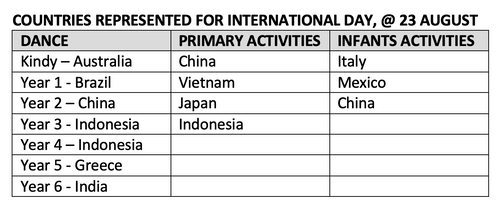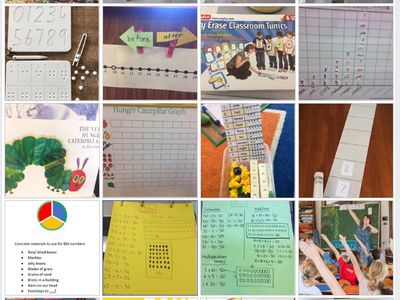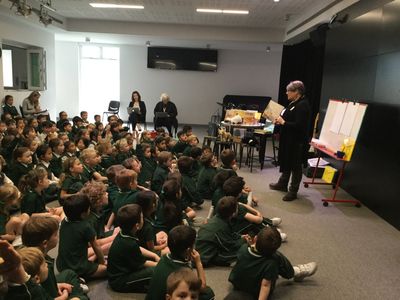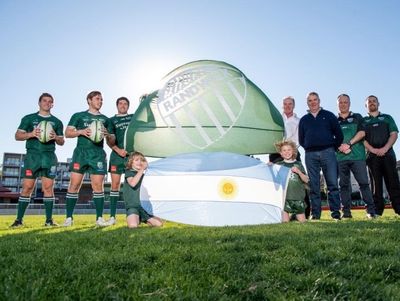How do we teach kids the art of debate at Claremont? What opportunities do we have for them to give debating a go? Debating is an engaging way to sharpen public speaking skills and improve critical thinking. It is a skill that embodies some of our learning dispositions that we embed into the curriculum (risk-taking, flexibility of mind, collaboration...just to name a few!). But how do we do this at Claremont?
Debating in the CLASSROOM
Debating is in the NSW English curriculum as part of the Speaking and Listening strand and debating skills are taught early.
Kindergarten discuss fact and opinion, and teachers design activities around helping students understand the difference between these two elements.
In Year 1, students begin to look at persuasive texts such as expositions (a one sided argument), and explore structure and language features such as using thinking verbs (e.g. “I think, I believe”).
In Year 2, students are introduced to debating. It is closely linked to their unit on persuasive writing and in groups, students formulate arguments for and against a topic. Students also explore what a good debate looks like (eye contact, clear voice, expression, gesturing, using persuasive language). In Week 8 this term, students will participate in a short ‘formal debate’. A range of topics will be given to the students, examples include: “Everyone should have a pet”, “If you find $100, it’s yours to keep” and “Reading is more important than Maths”.
Year 3 will look at debating in Term four as part of their unit on ‘Day and Night’. They will work on simple debating procedures including the main roles covered by each speaker. Students will choose the most convincing arguments making sure that they speak clearly and engage the audience.
In Year 4, debating will be integrated into the geography unit “Australia’s Environment’s Got Talent”. Students will participate in debates that reflect the environmental learning they have undertaken in Term 3 culminating with the topic: “Should People be Allowed to Climb Uluru?”. Students will explore why people’s views of Uluru are different and will present points for and against climbing Uluru, take turns to express opinions, and give opinions and facts about climbing Uluru.
As part of their English unit this term, ‘Save one island, save them all’, Year 5 have been looking at persuasive texts. They have been exploring the differences between an exposition and a discussion and the term will conclude with a debate “Should we cut down trees to build new buildings?”. Students will work in groups to brainstorm their arguments, and then present their ideas in the structure of a debate.
Later this term, Year 6 will be preparing for a round of five debates as part of their English unit ‘Global People, Global World’. Examples of topics include “Australia should give money to poor countries”, “Should women be allowed to choose whether they wear the Burqa?” and “It should be compulsory for all Australians to attend dawn services”. As part of the unit, teams will brainstorm their points and learn how to structure their arguments by making them “REAL” (Reason, Evidence, Analysis, Link). Students will be taught the art of rebuttal and the role of each speaker in the debate.
Debating as a CO-CURRICULAR Activity
In addition to the explicit teaching of debating, there are a number of opportunities for students to become involved in debating outside of the classroom. In Years 5 and 6, students have the opportunity to join a debating morning skills program in Terms 2 and 3. These sessions are run by coaches from Masters Academy, with the aim of choosing two teams to represent Claremont at the IPSHA Gala Day (held in Term 3).
Stay tuned for more information regarding how Year 4 students can get a taste of debating to see if they want to join teams next year. Masters Academy will be running a morning information session in Term 4 this year to give students an overview/”taste” of debating. The workshop will also aim to give students a chance to explore debating through games and skill based workshops.
As well, Claremont has an inter-house debating competition in Term 4 each year. Students in Years 5 and 6 have the opportunity to be part of a house team to compete in debates at lunchtime. There are two rounds, and the winner from each round will go through to a grand final with an external adjudicator. The grand final is watched by students in Years 3-6.
For more information about debating, please contact the school office and they will forward your questions to the debating coordinators.
Nicola Breakspear
Learning Support Teacher
 Follow me @DougJThomas
Follow me @DougJThomas